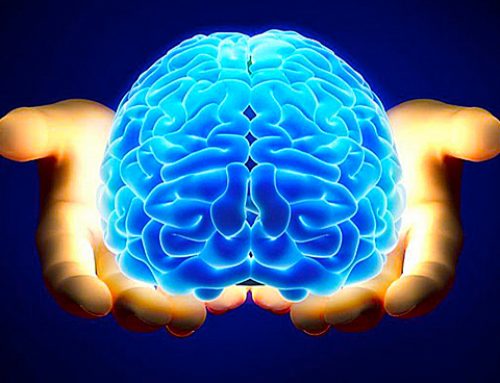New research confirms that eating fish regularly can help protect the aging brain.
In cognitively healthy older adults who were followed long term, weekly consumption of baked or broiled fish was positively associated with increased gray matter volumes in the hippocampus, precuneus, posterior cingulate, and orbital frontal cortex.
“Our study shows that people who ate a diet that included baked or broiled, but not fried, fish have larger brain volumes in regions associated with memory and cognition, is written on Am J Prev Med. Published online July 29, 2014
The researchers analyzed data on 260 cognitively normal older adults who provided information on their diet via a food frequency questionnaire in 1989/1990 and who underwent high-resolution brain MRI in 1998-1999 as part of the longitudinal Cardiovascular Health Study.
They found that people who ate baked or broiled fish at least once weekly had greater gray matter brain volumes (4.3% and 14%, respectively) in areas of the brain responsible for memory and cognition, after adjusting for a variety of covariates, including age, sex, and education.
Although the volumes in these brain regions were significantly related to fish consumption, they were not significantly associated with plasma omega-3 fatty acids, the researchers note.
The researchers find a relationship between omega-3 levels and these brain changes, which surprised us a little. They conclude that were tapping into a more general set of lifestyle factors that were affecting brain health, of which diet is just one part.
These findings suggest that it is “lifestyle factors — in this case, dietary intake of fish — and not necessarily the presumed biological factors that can affect the structural integrity of the brain,” the authors write.
The study builds on prior work to show that the most brain-healthy lifestyle is one where eating baked or broiled fish is done in conjunction with maintaining a healthy weight and engaging in regular physical activity.
In the article is noted that docosahexaenoic acid (DHA) and eicosapentaenoic acid (EPA) can affect synaptic function and cognitive abilities by enhancing plasma membrane fluidity at the synapse, which can optimize membrane permeability to cations and potentiate the action of neurotrophic factors, which in turn can promote neuronal growth and metabolism in such regions as the hippocampus.
Fish consumption may also reduce dementia risk by reducing the burden of vascular risk factors, as manifested by infarcts and small vessel ischemic disease in the brain, as well as by reducing cellular inflammation.
According to the authors, the strengths of the study are its well-characterized population with extensive data on demographic, clinical, and lifestyle factors, including dietary choices, such as type and preparation of fish. However, the cross-sectional nature of the study cannot establish causal relationships.





